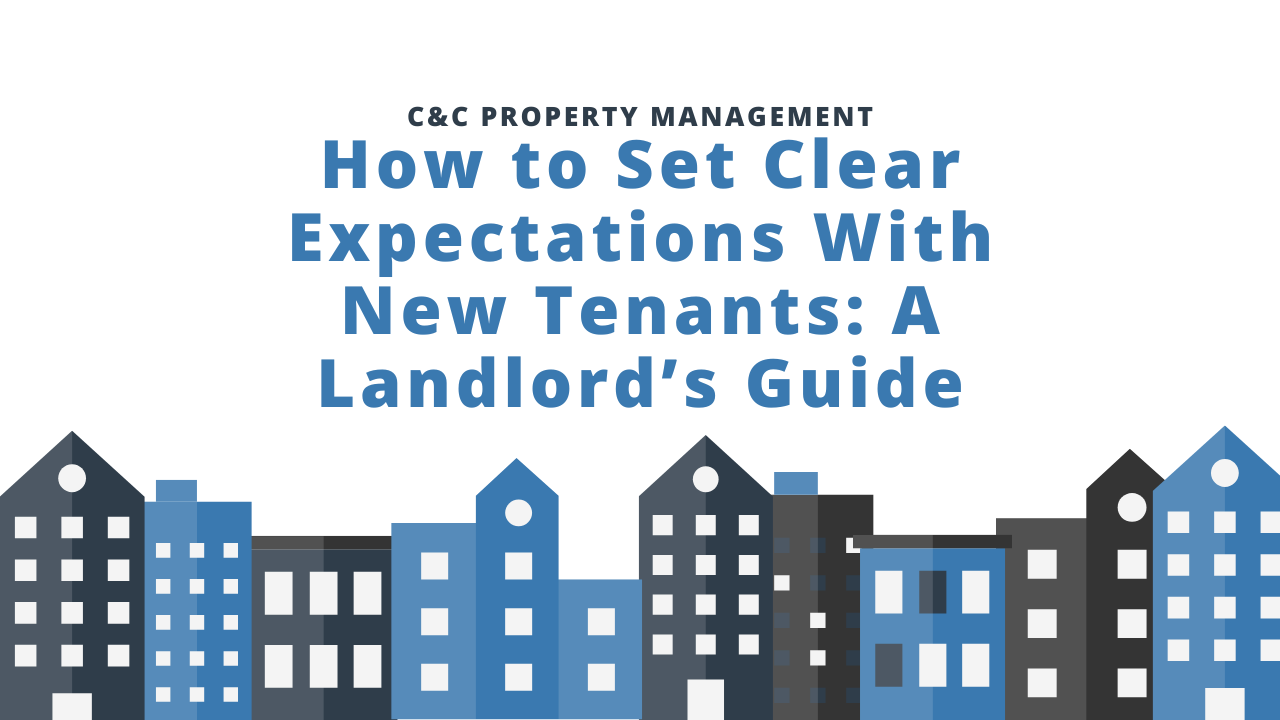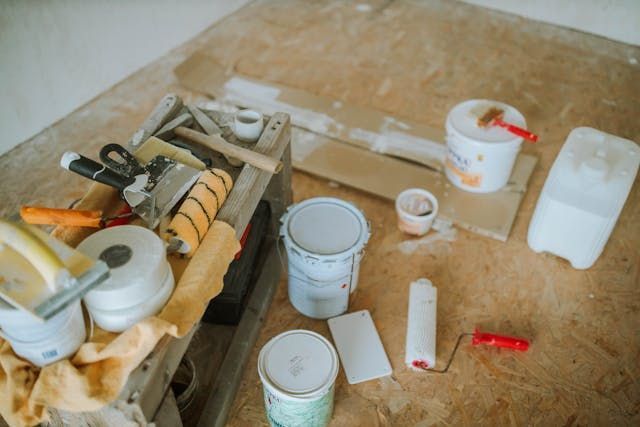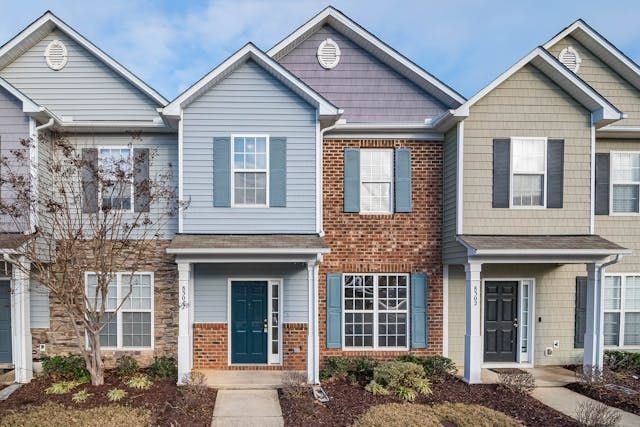How to Set Clear Expectations With New Tenants: A Landlord’s Guide

Key Takeaways:
- Clear communication about rent due dates, payment methods, and late fees helps prevent misunderstandings and ensures timely payments.
- Outlining tenant responsibilities for maintenance, repairs, and property care can reduce disputes and protect your investment.
- Defining policies on damage, pets, and subletting in writing sets firm boundaries and supports a smooth, compliant tenancy.
To be a successful landlord, you need to have the ability to set clear expectations with new tenants. This is a recipe for a solid landlord-tenant relationship.
When a tenant knows what their responsibilities are from the beginning, it helps minimize potential issues for conflicts or misunderstandings. For example, it’s important to let the tenant know when they must pay rent so that ‘late’ payments don’t become the norm.
In this blog by C&C Property Management, we’ll walk you through 5 tips on how to set clear expectations with new tenants for successful landlording, in no particular order of importance.
Be Clear on the Tenant’s Rent Responsibilities
Being clear about tenants’ rent responsibilities goes beyond simply how much they will be paying.
For one, let the tenant know when they must pay it. Generally speaking, the due date is usually on the 1st of every month, unless there is a grace period, in which case, rent will become late one day after it is due.
You’ll also want to clarify the acceptable rent payment methods. Let the tenant know how they should be paying rent. Is it going to be in cash, checks, money orders, and/or by mail? This will help prevent potential misunderstandings.

Another detail worth clarifying is late fees. Will you be charging any late fees after rent becomes late? For instance, charge the tenant 10% on top of the rent once it becomes late?
With that in mind, make sure to check local and state housing regulations for compliance. In California, the maximum late fee a landlord can charge changes annually based on inflation.
Additionally, when raising rent, you must give the tenant a notice of at least 30 days in advance.
Be Clear on Repairs & Maintenance
Property upkeep is key for successful landlording. This will require you to stay on top of issues to keep the tenant comfortable and protect the property’s value.
The mistake some landlords make, however, is failing to specify which responsibilities are the tenant’s and which ones are the landlord's.
Even before the tenant signs the lease, make sure they know what their responsibilities are regarding repairs and maintenance. For example:
- Keeping the unit clean and sanitary. This involves tasks such as keeping all areas clean and disposing of garbage properly.
- Maintaining the plumbing fixtures by keeping toilets, sinks, and showers clean and free from any blockages caused by waste.
- Changing light bulbs and fuses after they burn out.
- Replacing batteries in smoke and carbon monoxide detectors.
- Maintaining the garden, including weeding, mowing, and trimming it.
- Repairing minor damage that they cause, such as fixing broken handles or fittings.

Also, let the tenant know how they should notify you of major maintenance emergencies or issues that fall under your realm of responsibilities. Such issues can include things like major leaks, structural damage, pest infestations, and heating system failures.
Let them know that the notice must be in writing, and they should allow a reasonable time for response.
Be Clear on What Constitutes Damage Beyond Normal Wear and Tear
This is another area where most landlord-tenant disputes arise. A tenant may move out thinking that they have returned the unit in great condition, less the obvious normal wear and tear. However, the landlord may believe otherwise and make security deposit deductions.
To prevent issues, educate the tenant on your damage policy. Also, let the tenant know that they must return the unit in the same move-in condition, less normal wear and tear.
Damages include illegal property alterations such as unauthorized wall painting, a deep scratch on a hardwood floor, negligent damage to an appliance, a torn carpet or blind, or a missing door or window.
Normal wear and tear include faded paint due to age or sunlight exposure, a faded hardwood floor, a normal decline in the performance of an appliance, a faded or worn carpet due to normal use, or a squeaky door or window.
Be Clear on the Pet Policy
Just like with everything else on this list, don’t leave this to the tenant’s imagination. It can be costly to your bottom line.

Be specific on whether or not you allow pets into the property. If you don’t allow them, then boldly mention this on the lease. Let the tenant know that it would be a significant violation of the lease to bring a pet into the property.
However, if you allow pets, then be clear on details like the number, size, and breed the tenant can keep.
Other things that you can let the tenant know in this regard include the following:
- Amount of pet deposit or fee they must pay (if any).
- You reserve the right to allow or reject any pets the tenant wishes to keep.
- Require pets to be up-to-date on all necessary vaccinations.
- Require the tenant to pick up after their pets, within the unit, and in common areas.
- Require the tenant to pay for any damage the pet causes to the unit.
Additionally, you may also want the tenant to carry a renter’s insurance policy. Specifically, one that covers pet-related accidents, such as dog bites.
Be Clear on Subletting Rules
Will you allow tenants to sublet the unit? If so, specify the conditions that the tenant must meet before doing so.
For example, require that the tenant seek your permission before going ahead with subletting the unit. This will allow you to ensure that the sublet qualifies to live in the rental.

Again, if you reject subletting of the unit, mention it boldly in the lease.
Conclusion
Ensuring tenants have a clear understanding of expectations is a recipe for successful landlording. This will ensure you set the right tone for a solid landlord-tenant relationship throughout the tenancy.
If you have questions or need expert property management services in California, reach out to
C&C Property Management. We provide rental property owners with reliable and professional full-service property management services for optimal ROI.








